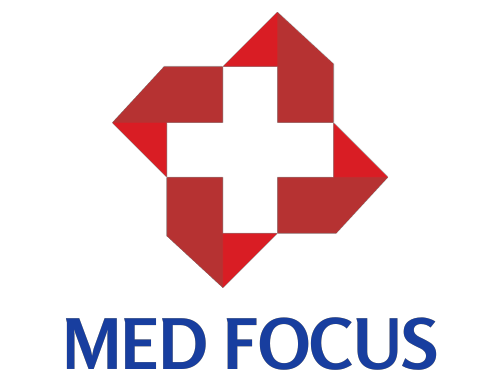Exploring social media in medical education has grown in popularity and value over the past few years. Among medical professionals, students, and patients, social media platforms present distinctive potential for communication, collaboration, and knowledge sharing.

The following are some important features and gains of social media use in medical education:
1. Networking and Collaboration:
Social media platforms give medical experts and students a place to interact, work together, and exchange ideas on a worldwide scale. A feeling of community is fostered and peer-to-peer learning is made possible by their ability to network with professionals in their industry, take part in conversations, and join professional groups.
2. Access to Up-to-Date Information:
Social media may act as a real-time source of the most recent research, medical news, and clinical guidelines. Medical knowledge is always improving. To stay updated on discoveries, new therapies, and best practices, professionals and students can follow notable individuals, medical organizations, and journals.
3. Patient Education and Engagement:
Healthcare providers can use social media as a platform to instruct patients, spread knowledge of particular conditions, and encourage healthy behaviors. Debunking myths and clearing up common misconceptions are all things that medical professionals may do to help consumers make educated decisions regarding their health.

4. Improved Communication And Outreach:
Social media gives healthcare professionals the opportunity to engage with patients and communities and reach a larger audience. It can be used to spread health campaigns, offer advice on preventive care, and convey significant public health messages. Social media can also improve patient-doctor contact by making it easier and more convenient for people to express questions, get clarification, or offer feedback.
5. Professional Branding and Reputation:
Building a professional brand and reputation can be done by strategically utilizing social media to increase awareness within the medical community. Medical professionals can position themselves as thought leaders in their professions by exchanging thoughts, knowledge, and contributions, which may result in job possibilities and collaborative projects.
Social networking has many advantages, but it's important to be aware of any hazards and difficulties that could arise. It needs to take into account privacy issues, professionalism, and the veracity of supplied information. When using social media in medical education, it is crucial to follow ethical standards and exercise caution regarding patient confidentiality and permission.

In conclusion, social media platforms offer exciting chances for medical education by promoting communication, sharing of information, and participation among patients for medical students, and professionals. Responsible use of these platforms can make medical education more interactive, modern, and inclusive, which will ultimately benefit the healthcare industry and enhance patient care.
Please visit themedfocus.com for additional advice and recommendations about attending medical school. If you're seeking a trustworthy internet source, please check out the whole medical school package at the URL below.
https://themedfocus.com/products/the-complete-med-school-bundle

